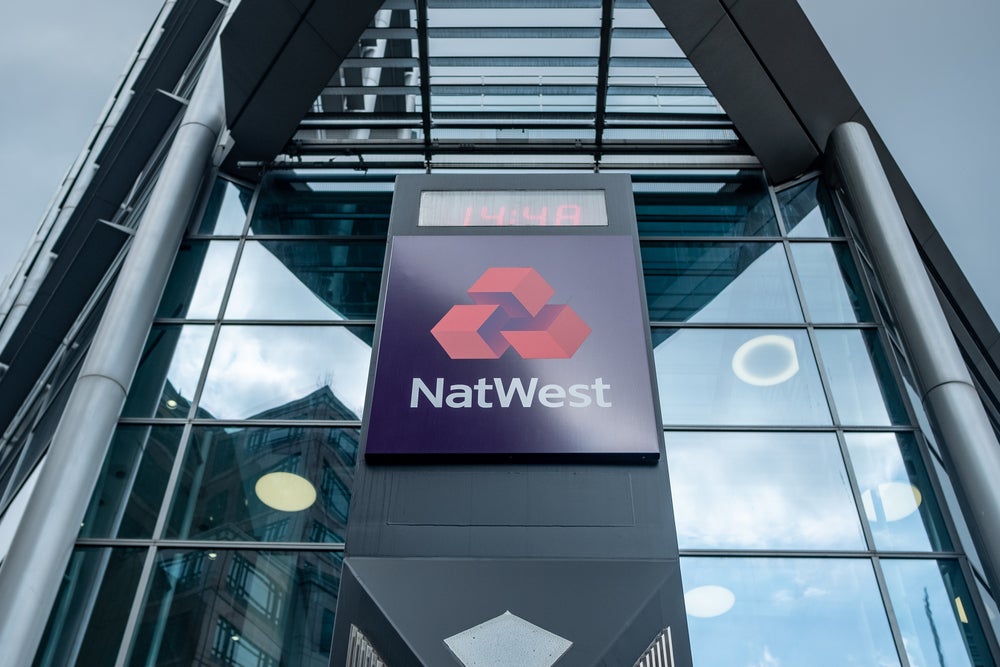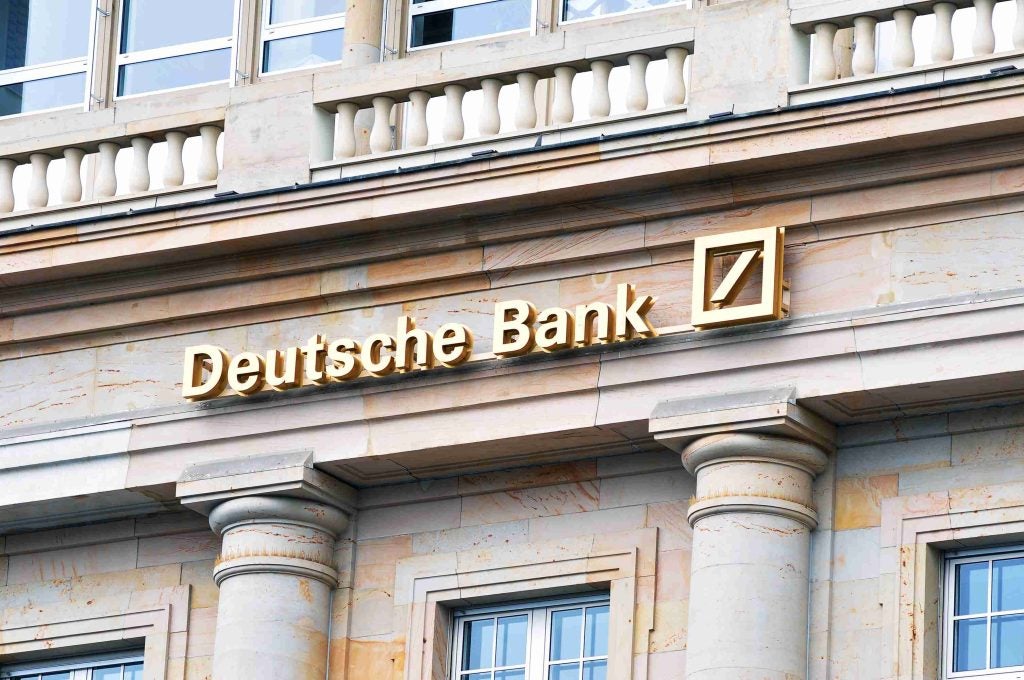
On the 20 September 2023, the Bank of England announced it would be holding the current interest rate of 5.25%; an unexpected rate freeze.
This is the first time in two years in which the interest rate has not been raised. The decision comes after inflation data for the month of August, showed a slight decline in the rate of inflation to 6.7% not following economists’ expectations of a rise to 7.1%.
While it is a promising sign for the state of the UK economy, this does not mean there will not be rises in interest rates later in 2023. The decision to freeze the base rate, as opposed to a raise to 5.5% was only narrowly passed with five to four votes, indicating this may be a temporary freeze not necessarily a turning point. Whilst this has clear implications for those with mortgages, some industry experts offer some insights into the impact in the private banking sector.
Nick Hyett, investment manager at Wealth Club, commented on the positive benefits of lower base rates for investment and private equity fundraising, stating:
“Lower rates and yields are potentially good news for investor sentiment, and that is good news for private banks that generate significant fees from their wealth management businesses. When yields are high and the return on cash is attractive, investors are unlikely to commit new capital to risk assets. If rates pause and then start to reverse these businesses can start to motor again.
“The same is true in private equity fundraising more generally, but with the added benefit that lower rates release the pressure on what is often a highly leveraged sector. Access to capital is cheaper, deals are easier to get over the line and the threat from refinancing recedes.”
Adding insight into the effect internationally on the private banking industry, Hyett noted: “It is worth remembering that really the UK is a marginal player in setting the global cost of capital. Events in the US are more likely to drive performance in the long term.”
How well do you really know your competitors?
Access the most comprehensive Company Profiles on the market, powered by GlobalData. Save hours of research. Gain competitive edge.

Thank you!
Your download email will arrive shortly
Not ready to buy yet? Download a free sample
We are confident about the unique quality of our Company Profiles. However, we want you to make the most beneficial decision for your business, so we offer a free sample that you can download by submitting the below form
By GlobalDataJason Holland, managing director of Evelyn Partners, contributed his thoughts on how the Bank of England’s decision signals a turn in a more positive direction for the UK economy:
“It certainly feels like a bit of a turning point this week and, in my view, this was the right decision. There was a risk that the Bank would overshoot with its hikes and drive the economy into a recession. Hopefully, this can be avoided with a soft landing.
“That said, clients still face challenges from a combination of higher borrowing costs and increased taxation, but there is now light at the end of the tunnel that rates may now have peaked, and the focus is now on how long they will remain at current levels before a cut. Signs that inflation is heading in the right direction and a potential peak in rates should improve sentiment which is an important factor in driving appetite for investment decisions.”
Andy Mielczarek, founder and CEO of SmartSave, a Chetwood Financial company, commenting on the tangible effect of the Bank of England’s base rate on savers and investors added:
“For savers and investors, the same issue remains: there is a stark difference between the base rate and the interest rates on offer through high street banks. We are seeing too many people being penalised for their loyalty to big banks as they achieve worse returns on their savings.”
Whilst there are reports that interest rates won’t fall until mid-2024, this freeze, as Holland states, does show light at the end of the tunnel, for what has been a tumultuous couple of years for the UK economy in a post-pandemic and post-Brexit climate.







